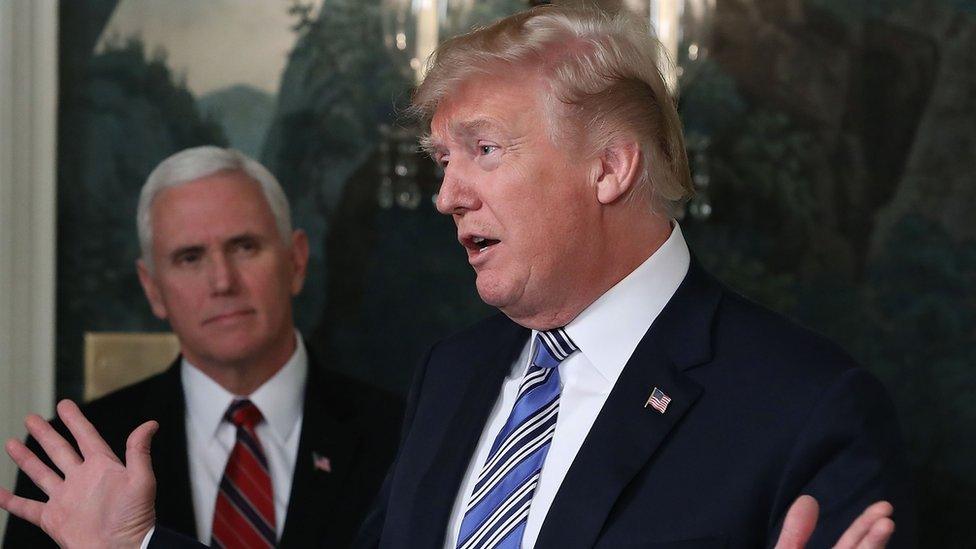As the 2024 election cycle heats up, Donald Trump is facing a troubling trend: a significant number of his former supporters are abandoning him in droves. This mass exodus is not merely a result of political maneuvering; it is rooted in a deep-seated disillusionment with Trump’s character, policies, and the overall direction of the Republican Party. The latest developments reveal a growing chorus of voices from within the GOP, and these voices are increasingly vocal in their condemnation of Trump.

One of the most striking examples comes from former GOP Representative Bob Inglis of South Carolina. In a recent appearance on CNN, Inglis openly endorsed Vice President Kamala Harris, stating, “I think he’s disqualified based on his character.” His remarks underscore a broader sentiment among traditional Republicans who feel alienated by Trump’s leadership. Inglis’s candid acknowledgment that Trump may not be a “totally rational actor” reflects a concern that resonates with many voters who once aligned themselves with the Republican Party.
Social media has become a platform for former Trump supporters to share their changing views. A notable example is JP, a self-identified political independent and former Trump voter, who has gained traction on platforms like X (formerly Twitter). JP’s posts highlight the stark contrast between the current state of America and the narrative pushed by Trump and his supporters. He emphasizes positive statistics such as low inflation, decreased crime rates, and robust job growth, while criticizing the MAGA rhetoric that has taken hold of the party. His candid reflections resonate with many who are grappling with their political identities in the wake of Trump’s controversial statements and actions.
Furthermore, the Republican Voters Against Trump group has been instrumental in amplifying these dissenting voices. Michael, a physician and former Trump supporter, shared his concerns about Trump’s stance on public health, particularly regarding vaccinations. He articulated a compelling argument, stating, “Donald Trump is a hazard to public health,” and expressed regret for having voted for him in the past. This sentiment is echoed by many who are alarmed by Trump’s disregard for scientific guidance during the COVID-19 pandemic.
Another former Republican, Hila from Nevada, articulated her disillusionment after witnessing the fallout from Trump’s presidency, including the January 6 insurrection. She expressed her commitment to voting for Harris, stating, “I have continued to believe in fiscal responsibility, respect for the law and order, and respect for our Constitution.” Hila’s story is emblematic of a growing realization among former Trump supporters that their values may no longer align with those of the current Republican Party.
The discontent is not limited to everyday voters. Prominent figures within the GOP are also speaking out. Mike, another former Trump voter, condemned Trump’s ties to Project 2025, expressing concern over the implications of such an agenda. He stated, “I don’t think any GOP person is right for this country,” reflecting a widespread belief that the party has strayed too far from its foundational principles.
The situation is exacerbated by the scandals surrounding Trump and his allies. The recent controversies involving Mark Robinson, Trump’s endorsed gubernatorial candidate in North Carolina, have further tarnished the party’s image. Robinson’s extreme rhetoric on issues like abortion has drawn sharp criticism, and Harris’s campaign has seized on this to underscore the dangers of Trump’s influence on the GOP.
As the election approaches, Trump’s reliance on conspiracy theories and divisive rhetoric continues to alienate potential supporters. His recent social media posts, which range from bizarre AI-generated images to unfounded election conspiracies, highlight a desperate attempt to maintain relevance. This behavior is pushing away not only moderate Republicans but also independents who are seeking stable leadership.
In conclusion, the landscape of the Republican Party is shifting dramatically as more voters abandon Trump in favor of candidates like Kamala Harris. The voices of disillusioned former supporters are becoming louder, and their stories reflect a broader crisis of confidence in Trump’s leadership. As traditional Republicans reclaim their narrative and distance themselves from Trump’s divisive tactics, the implications for the upcoming election could be profound. The question remains: will Trump adapt to this growing discontent, or will he continue down a path that further alienates his base? The coming months will reveal whether Trump’s political fortunes can withstand this unprecedented wave of dissent.





